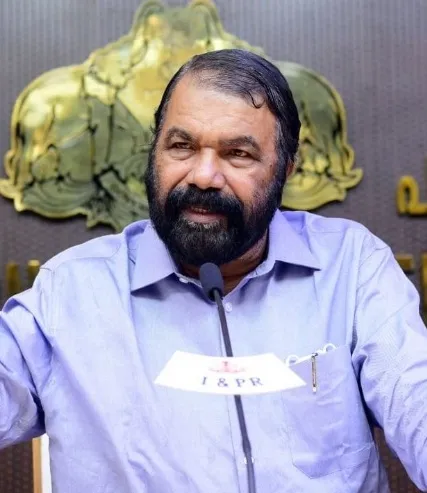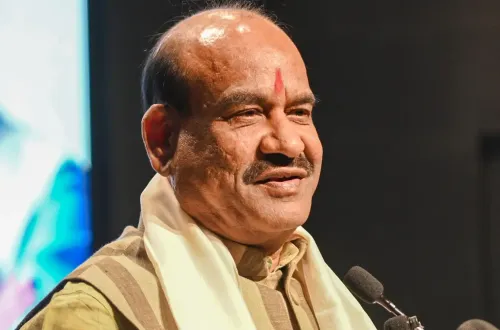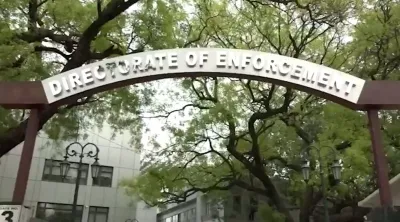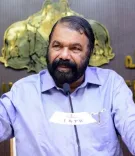Has the Centre Allowed Tripura to Certify Paddy Seeds for Manipur and Mizoram?

Synopsis
Key Takeaways
- Tripura is now authorized to certify paddy seeds for Mizoram and Manipur.
- The move aims to bolster regional agricultural cooperation.
- Focus on self-sufficiency in edible oil production is a government priority.
- Dr. M.S. Swaminathan's contributions are vital to India's agricultural success.
- 31 of 58 blocks in Tripura are currently self-sufficient in food grain.
Agartala, Aug 20 (NationPress) The Minister of Agriculture and Farmers' Welfare in Tripura, Ratan Lal Nath, announced on Wednesday that the Central government has granted permission for the state to certify paddy seeds for its neighboring states, Mizoram and Manipur.
The Minister emphasized that once the Tripura Agriculture Department certifies the paddy from these states, it will be recognized as officially certified.
During the inauguration of the statue of Dr. M.S. Swaminathan at the State Agriculture Research Station in Arundhuti Nagar, located on the outskirts of the city, Nath mentioned that Prime Minister Narendra Modi has set a goal for India to produce 72% of its edible oil domestically by 2030.
“Thus, the government is prioritizing the production of edible oil. While we can manage without importing fish or milk, edible oil remains a necessity. This is why we are focusing on boosting its production,” he stated.
He praised the officials at the Research Centre for erecting the statue of Dr. Swaminathan, acknowledging his pivotal role in shaping agriculture in India and striving for self-sufficiency in food grains.
Nath reiterated Dr. Swaminathan's belief that if agriculture fails, no other sector can thrive, stating, “If we fail to allocate an adequate budget for agriculture, all other budgets will also falter.” He highlighted the department's efforts to enhance agriculture through integrated cultivation.
Pointing out that India is now exporting fish, eggs, rice, milk, sugar, and spices to various countries, he explained that research at the Arundhuti Nagar centre focuses on paddy, while the Nagicherra centre is dedicated to horticulture.
“Tripura has two research centres, and I urge all farmers to connect with the agricultural centres in the state to advance modern agricultural practices. Following the vision laid out by Dr. Swaminathan, Prime Minister Modi has positioned India as the second-largest producer of paddy, and we are also exporters. The credit belongs to our farmers,” the Minister remarked.
He noted that out of 58 blocks in the state, 31 are self-sufficient in food grain production. “Our goal is to achieve the same self-sufficiency across all districts and subdivisions in agriculture and its allied sectors,” he concluded.









